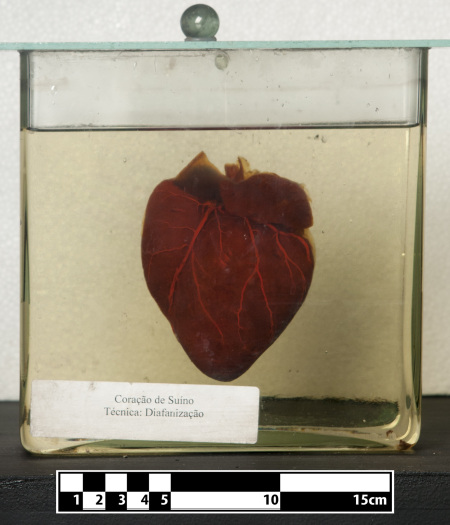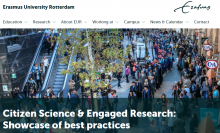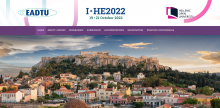by Sandra Fauconnier, Community Liaison for Structured Data on Wikimedia Commons, Wikimedia Foundation.

I call this piece “Pig’s heart, with metadata”. Photo by Museum of Veterinary Anatomy FMVZ USP/Wagner Souza e Silva, CC BY-SA 4.0.
In 2017-2019, together with the community of Wikimedia volunteers, a team at the Wikimedia Foundation and Wikimedia Deutschland updates Wikimedia Commons, Wikimedia’s media repository, to work with structured data.
This will make it easier to add, update and find important information about individual files and entire collections.
In order to learn more about the needs of users of Wikimedia Commons, we perform quite a bit of design research. This helps us understand what to improve, and why it matters.
In the past months, we have surveyed and interviewed cultural institutions (GLAMs), asking them about their processes, wishes and pain points when they contribute media to Wikimedia Commons.
The research is now concluded and summarized in this blog post:
https://blog.wikimedia.org/2018/01/29/glam-multimedia-metadata-commons/
The full report can be found at https://meta.wikimedia.org/wiki/Research:Supporting_Commons_contribution_by_GLAM_institutions
Slides to follow alongside this video: https://commons.wikimedia.org/wiki/File:GLAM_SDC_research_presentation_Jan_2018.pdf






 If you have interesting news and events to point out in the field of digital cultural heritage, we are waiting for your contribution.
If you have interesting news and events to point out in the field of digital cultural heritage, we are waiting for your contribution.
























